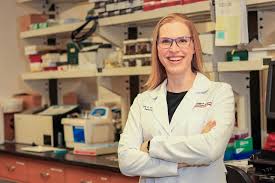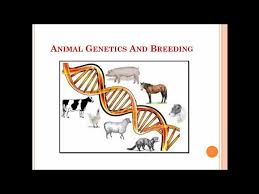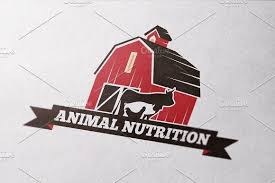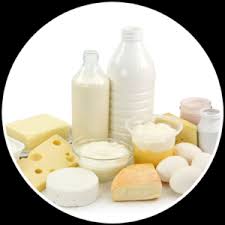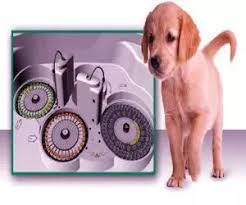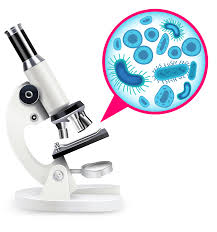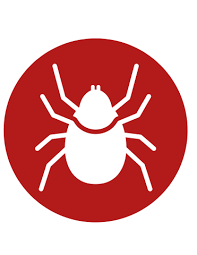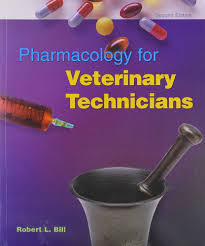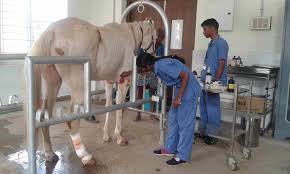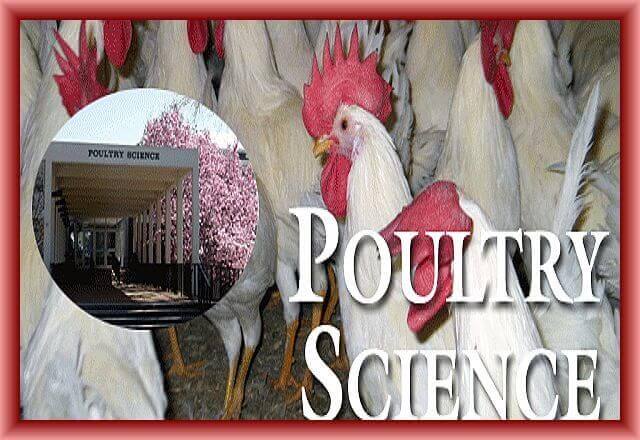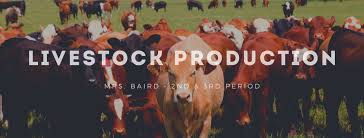Ph.D. in Veterinary Pathology typically requires 3 - 5 years of study beyond the master's degree, focusing on the study of diseases in animals and their diagnosis. The program encompasses advanced coursework in pathology, microbiology, immunology, and related disciplines, combined with extensive research experience. Candidates are expected to conduct original research, often involving laboratory work, field studies, and clinical observations. A dissertation presenting significant findings is a crucial requirement for graduation. Graduates pursue careers in academia, research institutions, diagnostic laboratories, and veterinary practice, contributing to animal health and disease management, as well as public health initiatives.

